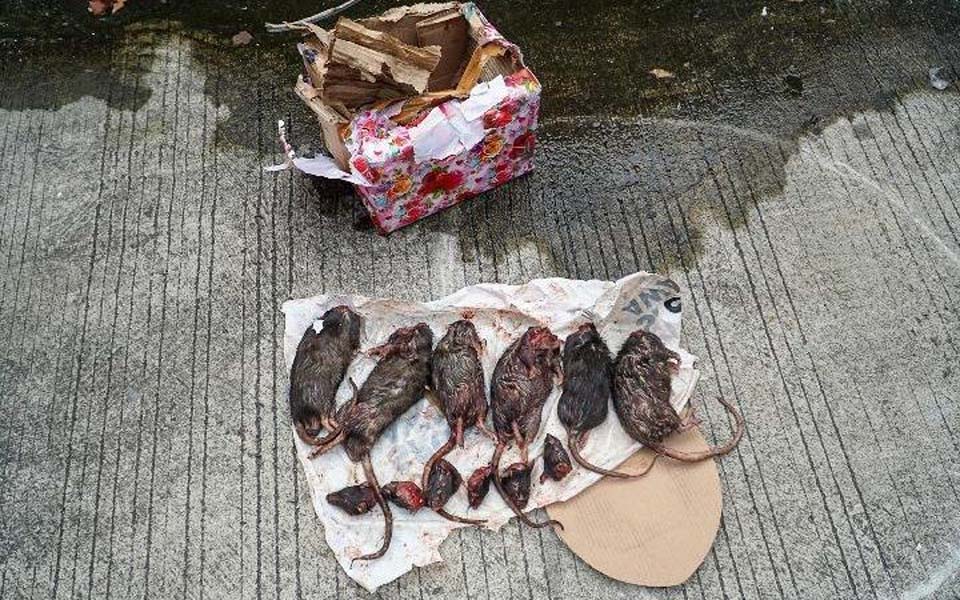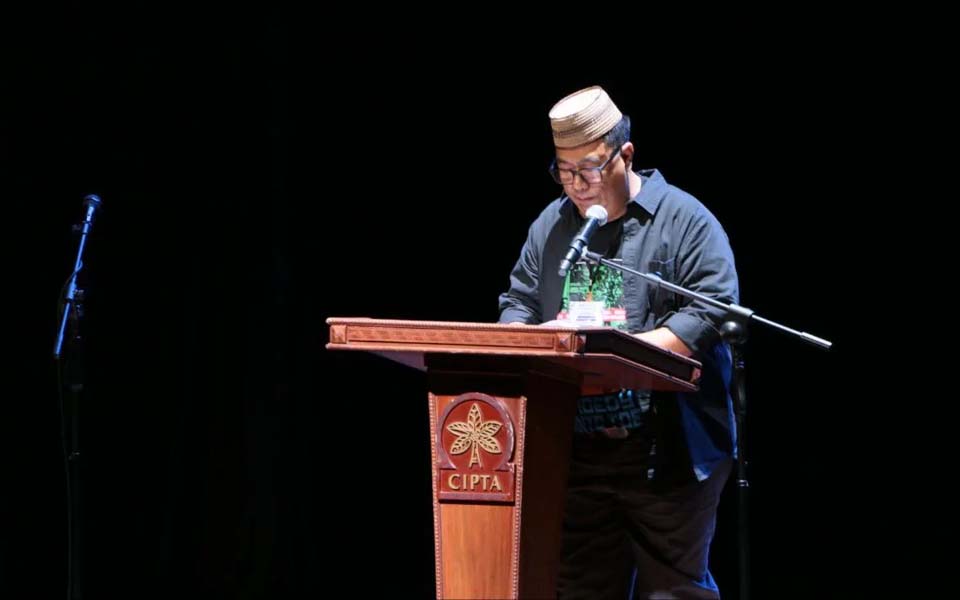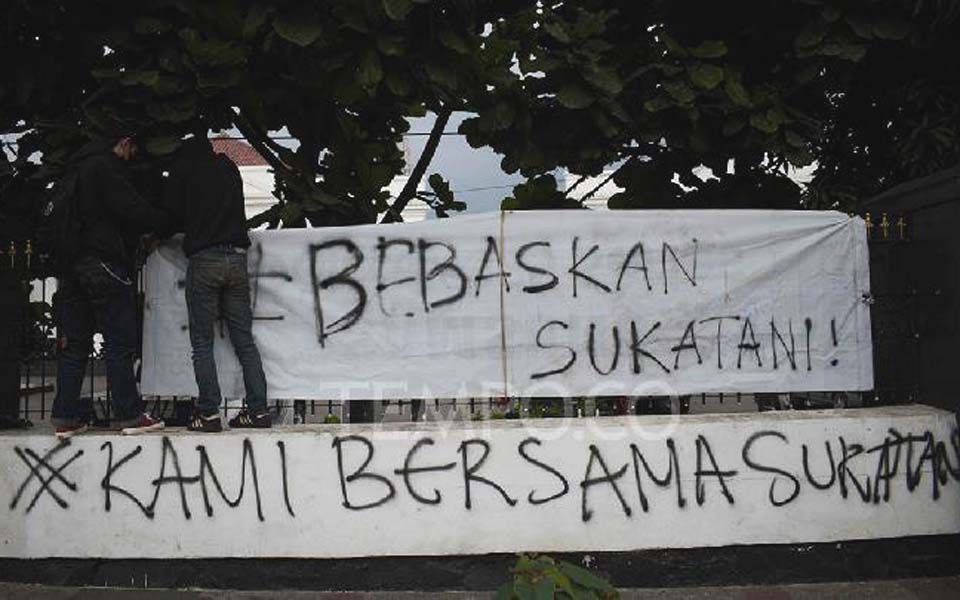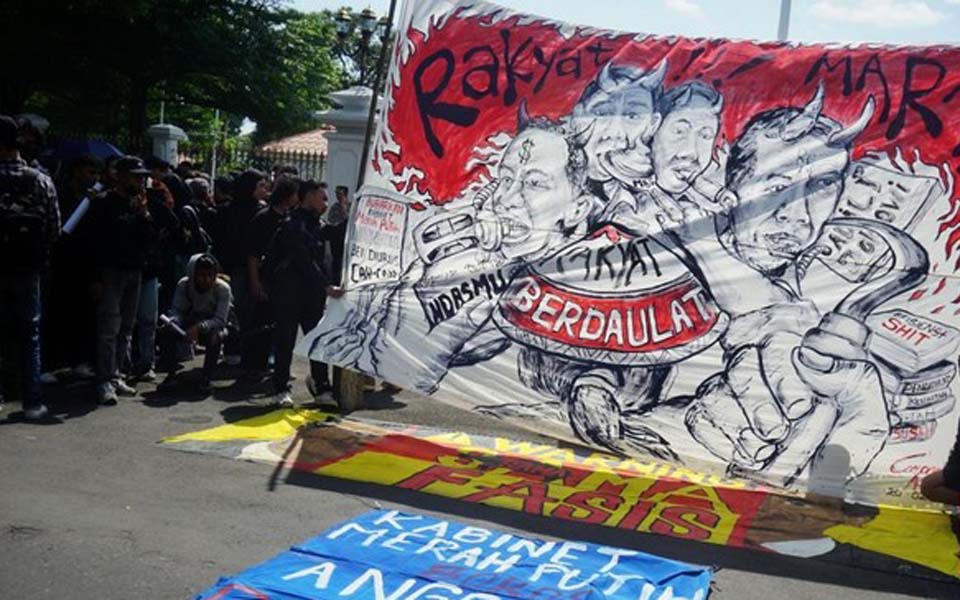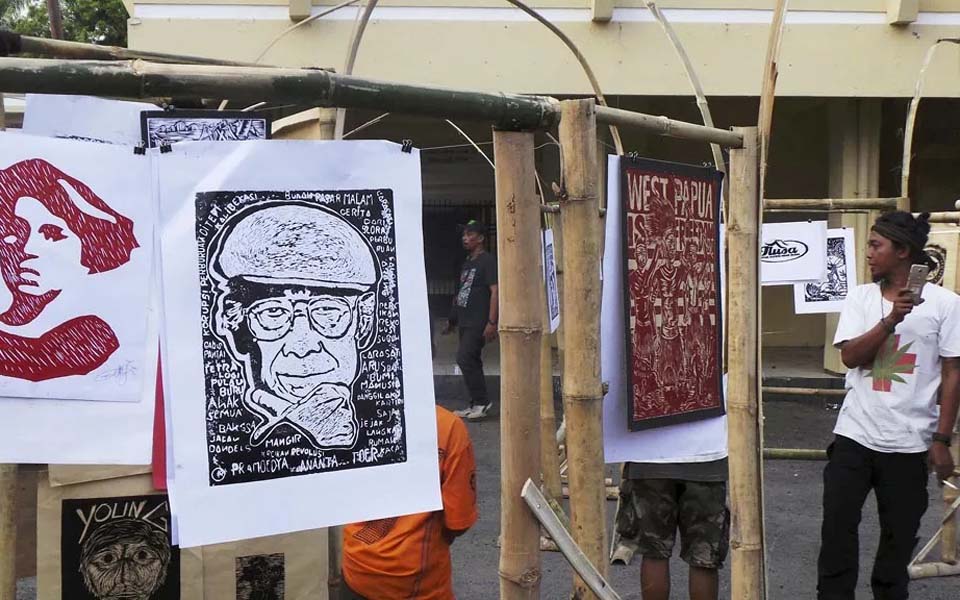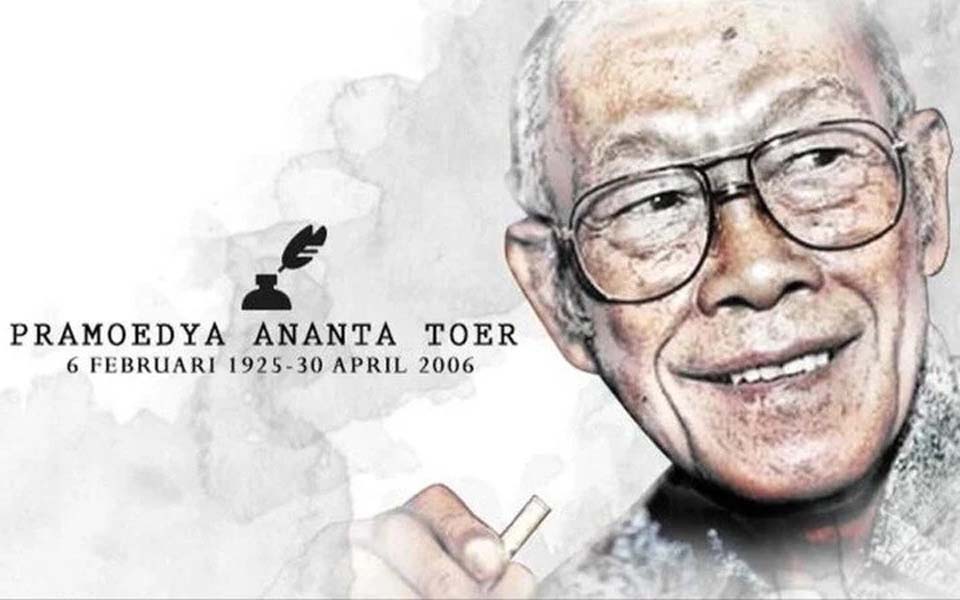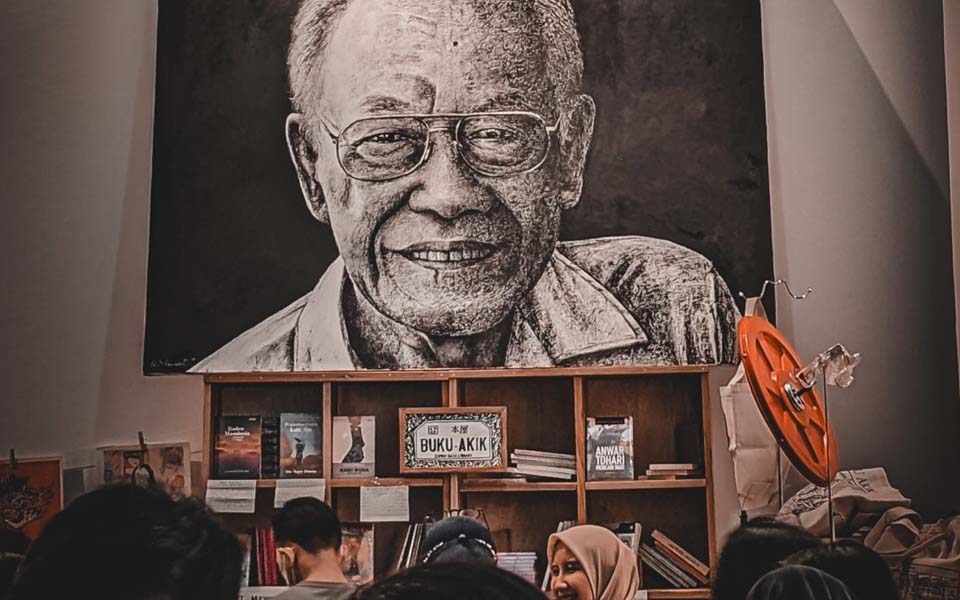Jakarta – A number of murals and graffiti with a critical tone on walls in busy locations have been removed recently. The aggressive removal of the critical murals has largely been done by regional officials and police in their respective areas.
The emergence of these murals is believed to be related to the social conditions during the Covid-19 pandemic. A number of the murals carried narratives related to feelings of people critical over the handling of the pandemic.
As of Tuesday August 24 the phenomena of drawing murals and graffiti on walls was still spreading in several parts of the country, even though they were often removed.
The latest was a mural in the Central Java city of Solo which read "My country is less than illustrious" and "The poor aren't allowed to be sick" in the Stabelan area of Banjarsari sub-district.
Since late July, a series of critical murals which were then removed have sprung up such as a mural with the message "God, I'm hungry" in the Tigakarsa area of Tangerang regency. As soon as the pictures of the mural went viral on social media they were removed by the authorities.
Murals have continued to appear and spread to various places – both in and outside of Java island.
One of the murals which became phenomenal was a picture of a person resembling President Joko "Jokowi" Widodo with the eyes covered by the message "404: Not Found". A common term in the cyber world indicating that a website being visited cannot be accessed or does not exist.
Prior to this, a cartoon mural was drawn on a wall on a vacant house on the side of the road in the Pasuruan area of East Java with the writing, "Forced to be well in a country that is sick". The mural only survived for several days before it was removed.
It is suspected that the drawing had been there since July 25 but after it went viral on social media it was immediately removed by Public Order Agency (Satpol PP) officials on August 10.
Another picture with the writing, "The real plague is hunger" also appeared in the Ciledug area of Tangerang, West Java. The mural was removed by Ciledug sub-district officials who claimed it was at the request of local residents.
"On August 17 after we finished a parade there was information from residents, 'Pak [Mr] there's this writing on an entrance to land which I manage, please get rid of it', the person said like that, yes so we removed it", said Ciledug sub-district head Syarifuddin when contacted on Wednesday August 18.
The aggressive actions of the authorities in removing these murals has been criticised by a number of parties. Amnesty International Indonesia believes that the authorities' actions threaten freedom of expression and opinion.
People are unable to express critical opinions because they are always removed by government authorities. Yet, said Amnesty, freedom of expression is protected under international human rights laws and the Indonesian constitution.
"The actions of the police and other state officials have been excessive, including hunting down the artists, which clearly threatens the right to freedom of expression and opinion", Amnesty International Indonesia Deputy Director Wirya Adiwena told journalists.
The massive removal of murals does not appear to have softened people's resolve. The Gejayan Calling (Gejayan Memanggil) movement has launched a completion and invited artists throughout Indonesia to participate in an activity titled "The Gagged Mural Contest" (Lomba Mural Dibungkam).
Works which are subsequently removed by the authorities will receive a higher assessment by the selection jury.
The contest, which has been taking place for a week since late August, is open to the public and can be accessed through the Instagram account @gejayanmemanggil.
"The concept is that drawing is a culture of all children. This censorship is an error on the part of the authorities or adults. Graffiti on walls is a limited kind of freedom to speak out and now this graffiti is also being restricted", said the Gejayan Calling spokesperson who asked that their name be disguised as Mimin Muralis (Minimal Muralist) on Tuesday.
People can take part in the contest by uploading a photograph of a work on their personal Instagram account and flagging the account @gejayanmemanggil. After this the participant will receive a confirmation of the registration via a direct message using the code "The Gagged Contest".
The works drawn must depict a spirit of resistance, be appreciated by the ordinary people and not contain elements of racial, religious and ethnic conflict (SARA).
This movement is part of one aiming to revive the spirit of revolution and respond to the government's actions which are seen as too responsive to wall graffiti.
Yet these murals contain criticisms and are commonly used in European countries and former colonisers.
"In Indonesia it's the opposite, murals are deemed criminal. Meanwhile [political] billboards which are visual garbage are considered to represent the voices of the ordinary people", they said.
[Translated by James Balowski. The original title of the article was "Reaktif Aparat Hapus Mural Dibalas Lomba Gejayan Memanggil".]






